Competition for scarce lunar resources may create flashpoints of conflict sooner rather than later, says new paper.
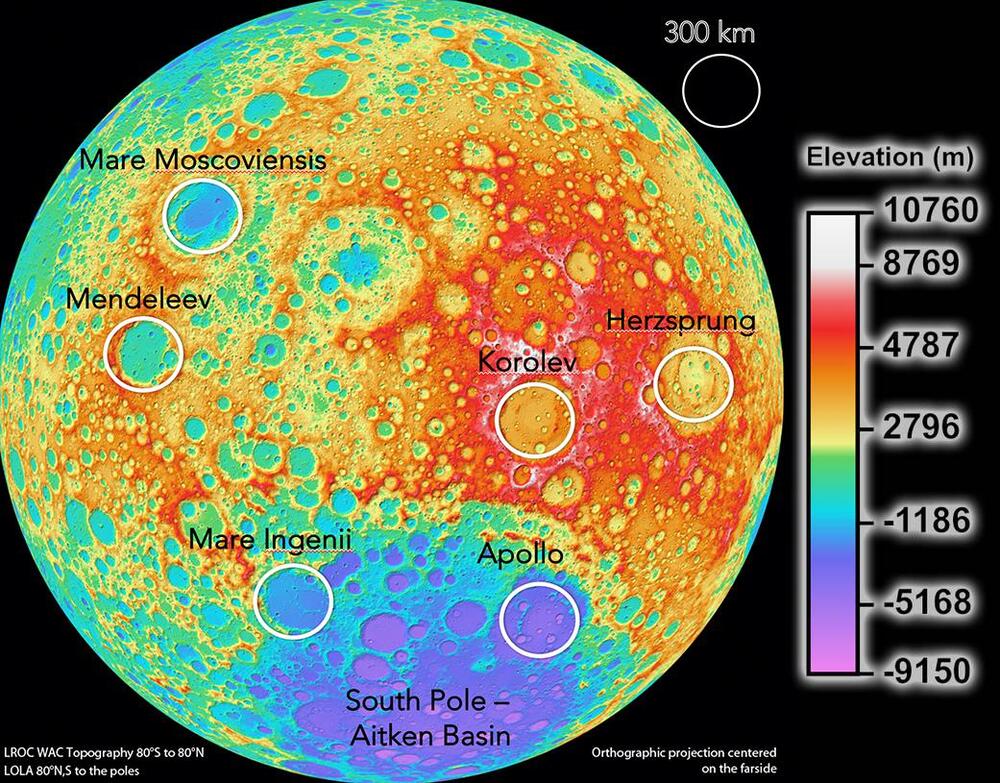


While we are opening our preliminary discussion for the 3rd SRI World Congress, a number of questions and concerns are being expressed by the main space columnists, about what could be the philosophic setup of the space policy defined by the new US Administration, should it be confirmed the next December 14th. Though Joe Biden didn’t yet say very much about space policy, the most accredited plans foresee cuts to the budget of NASA’s manned space flight programs, in order to give more fuel to the observation of Earth, climate change, and environmental issues.
We are not against raising the budget to Earth observation programs, which are much needed in the current climatic and environmental situation. Besides Earth observation, space agencies should also begin considering the use of space technologies to mitigate the effects of the climate change and the environmental issues, i.e. active space strategies targeted to control the Earth climate.
However, the most important point to be duly focused is that the same priority granted to environmental space programs should be given to bootstrapping the geo-lunar space region settlement and industrialization. Space development is the primary strategy against the awful multi-crisis that is striking our globalized civilization: pandemics, economic, climatic-environmental, resource conflicts, migrations, unemployment.
This is the moment a bright meteor crossed the sky over Brazil and exploded.
The phenomenon was captured on camera by the Heller and Jung Space Observatory early Monday as it entered the Earth’s atmosphere.
The center’s surveillance system, located in the city of Taquara, recorded the meteor exploding some 462 miles away near the border between Rio Grande do Sul and Uruguay approximately at 2:31am local time.
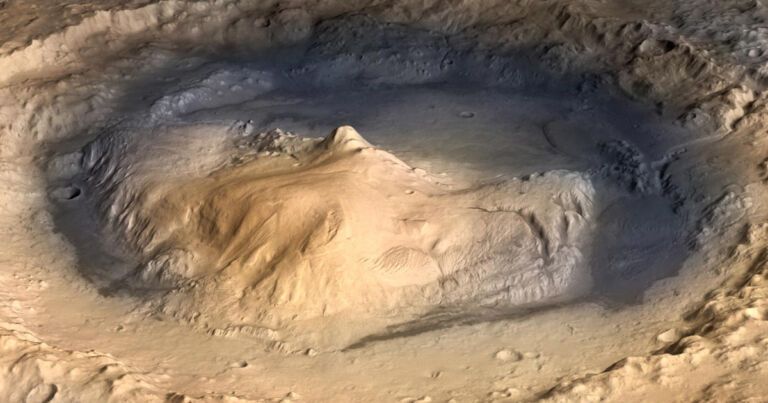
Megafloods on Mars. 😃
Swept Away
The end result — which the scientists identified using data from NASA’s Curiosity rover — is that the floods shaped the surface of Mars into 30-foot-tall ripples of rock and dust. The water itself is long gone — but the scientists speculate that the floods means the planet may have been inhabitable at the time.
“Early Mars was an extremely active planet from a geological point of view,” study coauthor Alberto Fairén, an astrobiologist visiting Cornell, said in the release. “The planet had the conditions needed to support the presence of liquid water on the surface — and on Earth, where there’s water, there’s life.”
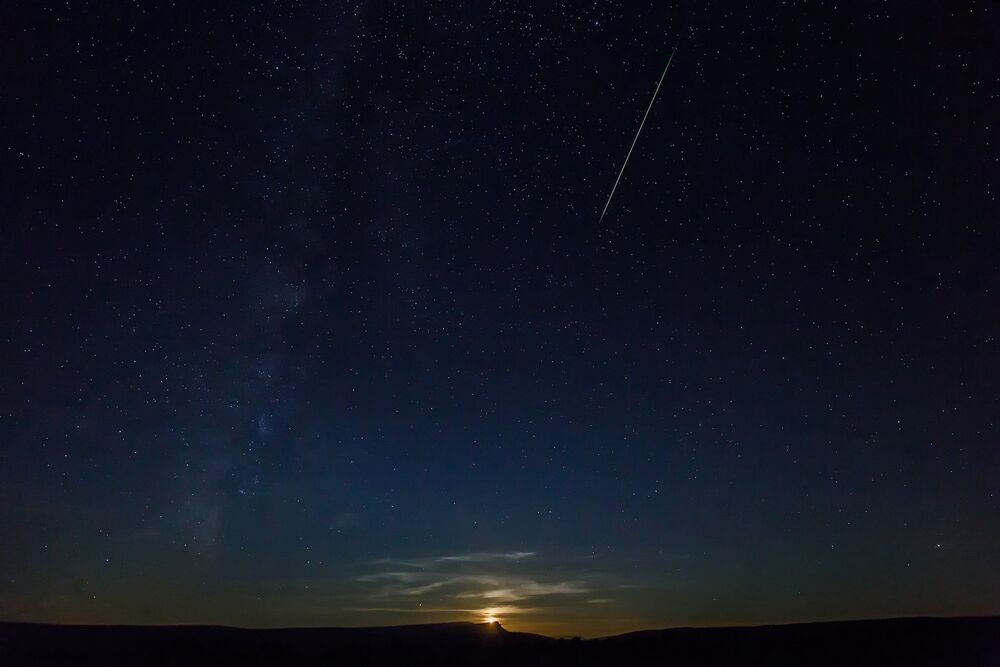
Jupiter and Saturn will be aligned this December, it seems. Something not seen since the middle ages. 🙂
Jupiter and Saturn are about to line up in a way not seen since the Middle Ages, astronomers say.
When the sun sets on 21 December – the winter solstice – people looking up to the sky will see Jupiter and Saturn closer than anyone alive has ever seen them before.
It will be the first time that such a sight has been seen for 800 years.

So, stars are a lot more mobile than I expected. 😃 Hopefully, it doesn’t cause too much damage next time it happens, if humans are still here by then.
Every 50,000 years or so, a nomadic star passes near our solar system. Most brush by without incident. But, every once in a while, one comes so close that it gains a prominent place in Earth’s night sky, as well as knocks distant comets loose from their orbits.
The most famous of these stellar interlopers is called Scholz’s Star. This small binary star system was discovered in 2013. Its orbital path indicated that, about 70,000 years ago, it passed through the Oort Cloud, the extended sphere of icy bodies that surrounds the fringes of our solar system. Some astronomers even think Scholz’s Star could have sent some of these objects tumbling into the inner solar system when it passed.
However, Scholz’s Star is relatively small and rapidly moving, which should have minimized its effect on the solar system. But in recent years, scientists have been finding that these kinds of encounters happen far more often than once expected. Scholz’s Star wasn’t the first flyby, and it won’t be the last. In fact, we’re on track for a much more dramatic close encounter in the not-too-distant future.
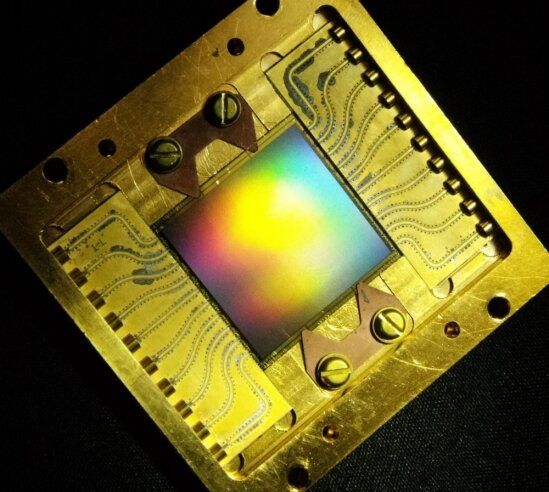
In the years since astronomers discovered the first exoplanet—a planet that orbits a star outside the solar system—more than 4,000 have been observed. Usually, their presence is given away by the slight effects they have on their parent stars, which vastly outshine them. For a decade and half, scientists have been trying to image exoplanets directly, but the Earth’s atmosphere presents a major impediment when they attempt to leverage large ground-based telescopes.
Now, a team of U.S. and Japanese scientists and engineers that includes researchers at UC Santa Barbara have developed a new exoplanet-hunting camera. Deployed at the Subaru Telescope on Maunakea, Hawai’I, the device is the world’s largest superconducting camera by pixel count and will pave the way for direct imaging of extra-solar planets in the near future. An instrument paper appearing in Publications of the Astronomy Society of the Pacific announced the new device to the astronomical community.
Constructed by researchers in the lab of Professor Ben Mazin, the MKID Exoplanet Camera (MEC) uses Microwave Kinetic Inductance Detectors (MKIDs) to enable scientists to directly image exoplanets and disks around bright stars. The detector runs at a brisk 90 millikelvin—just a touch over absolute zero—and is the first permanently deployed superconducting camera that operates in the optical and near infrared spectrum.
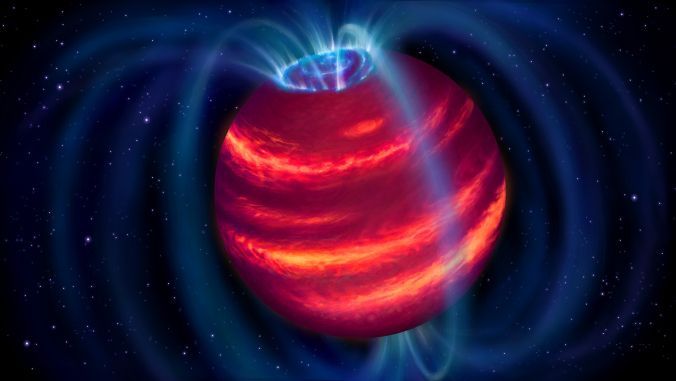
O,.o I believe the fungi kingdom is sentient based on this similar to other insects. Basically if exists in space aswell I believe it has a hive mind like similar species like the bee. But there are good fungi also that keep these invasive species of fungi at bay which we see in rainforests. It could be much more powerful than imagined because it is everywhere in the air on earth and also in space.
Mind-controlling fungus that infects the brains of cicadas can make them kill each other. These mutant critters, dubbed as zombie cicadas, are forced to infect other insects.
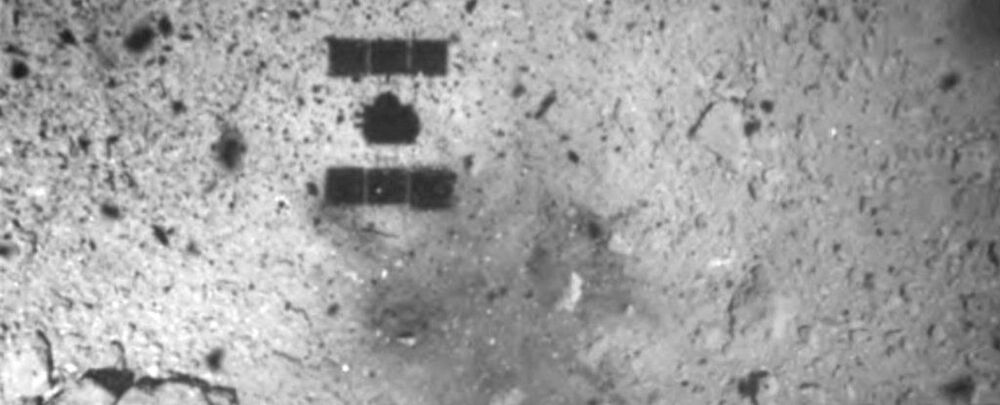
In the dusty desert town of Woomera, in the South Australian desert, scientists are getting ready. On 6 December 2020, after six years in space, the Japan Aerospace Exploration Agency’s Hayabusa2 spacecraft will finally return to Earth.
It carries with it a cargo unbelievably rare, precious, and hard-won — at least 100 milligrams of material collected from the surface of asteroid Ryugu. It will drop the capsule containing the sample to Earth, the spacecraft itself continuing on to visit more asteroid targets.
Hayabusa2’s return will mark a milestone in a remarkable feat of space science, a total journey of around 5.24 billion kilometres (almost 3.3 billion miles). Asteroid Ryugu — formerly known as 1999 JU3 — is on an elliptical orbit that carries it just inside Earth’s orbital path around the Sun, and out almost as far as Mars’ orbit.